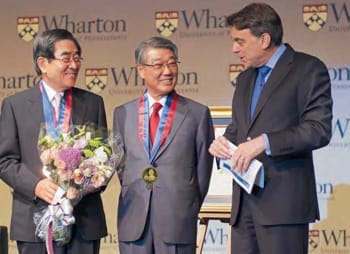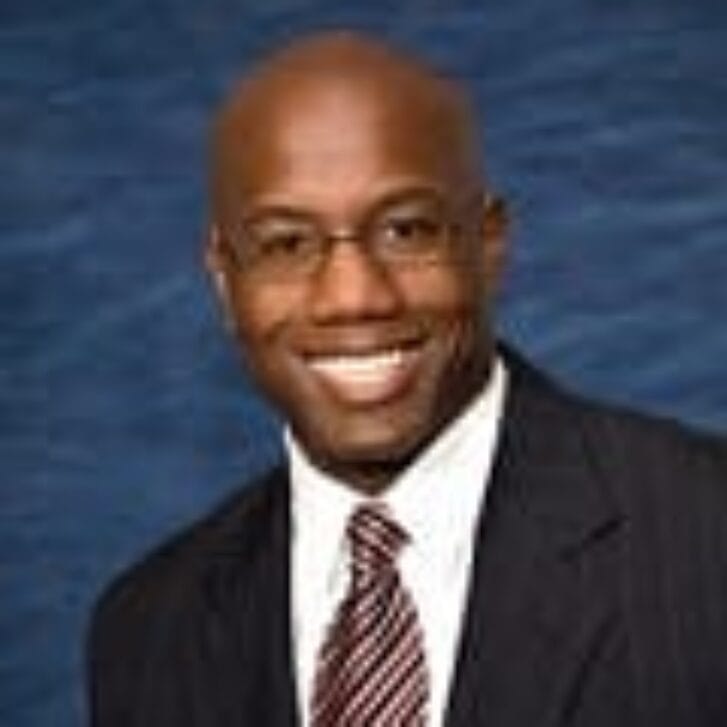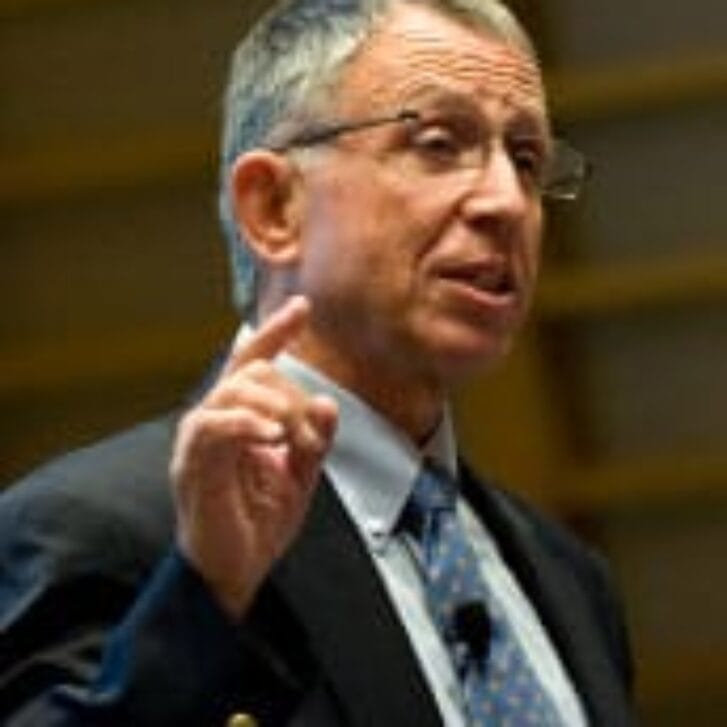Bong-Suh Lee, W’59, and James Joo-Jin Kim, W’59, G’61, Gr’63, with Dean Thomas S. Robertson.
Two of Wharton’s most esteemed alumni—Bong-Suh Lee, W’59, and James Joo-Jin Kim, W’59, G’61, Gr’63—were awarded the Dean’s Medal, Wharton’s highest honor, during the Wharton Global Alumni Forum in Seoul in May.
Kim is Executive Chairman of Amkor Technology, Inc., one of the world’s largest suppliers of semiconductor assembly and test services, and has served on the Wharton Executive Board for Asia since 1997. He is also an emeritus trustee of Penn.
Lee has held various positions in the South Korean government, including Secretary to the Prime Minister (1973-1978), Vice Minister of Energy and Resources (1983-1988) and Minister of Trade and Industry (1990-1991). He has also served as Vice President at Asian Development Bank (1991-1998) and in 1998 was appointed Chairman of the Danam Corporation. He has been a member of the Executive Board for Asia since 2001.
Wharton’s Global Alumni Forums are now in their 17th year, and the Seoul event was another success: It drew nearly 400 attendees from around the world to South Korea’s beautiful capital city.
During his acceptance speech, Kim marveled at how far his native country had come. Excerpted here is some of what Kim had to say.
“[When I came to Wharton] both parts of the Korean peninsula had been ravaged by the war, and you cannot begin to imagine how grim the outlook was for all Koreans. We were desperately poor, and our nation was in shambles. We survived, we persevered and then we prospered. Now Korea is a developed, wealthy society. How did we go from a poor, under-developed society to a modern, high-tech nation? Part of the answer lies at the intersection of Korea with my other great passion—namely, the University of Pennsylvania. Penn has educated many Koreans in business, in medicine, in architecture and other disciplines. These Penn-educated Koreans, like myself, started their careers in the United States, but have increasingly returned home to help build the foundation of a prosperous and stable democracy.
“Koreans today represent the third-largest source of foreign students in the Wharton MBA program, trailing only China and India. Penn has played a pivotal role in the development of Korea over the 51 years in which I have had the privilege of being an alumnus of this great institution. While Penn has been training so many of Korea’s past, present and future leaders, the University has also been building its infrastructure to train others about Korea, especially the Korean language. I think this is critically important, because it is quite difficult for a nation to be recognized and appreciated unless people from other countries know about it.
In addition, with so many Americans being of Korean descent, there is a need for Korean language and history programs to allow the diaspora to retain an interest and respect for the country of their ancestry. Where do we go from here? Well, there is certainly much to be done. With so many Koreans training every year at Wharton, Penn is educating a generation—much larger than the few who joined me in the 1950s—of corporate executives with the linguistic, cultural and business skills to expand the breadth and depth of Korean business worldwide. I fully support this new generation, and invite them to do better … to learn from our mistakes and to [make] the world a more peaceful and prosperous place. Just as Wharton assisted me and others… it is time for us to ensure that others can have the same opportunity that we had. I urge you, especially those who have become leaders in your profession, to participate in the efforts of Wharton to educate the leaders of the next generation.”


























